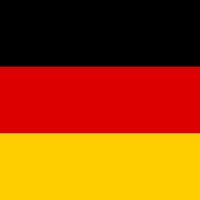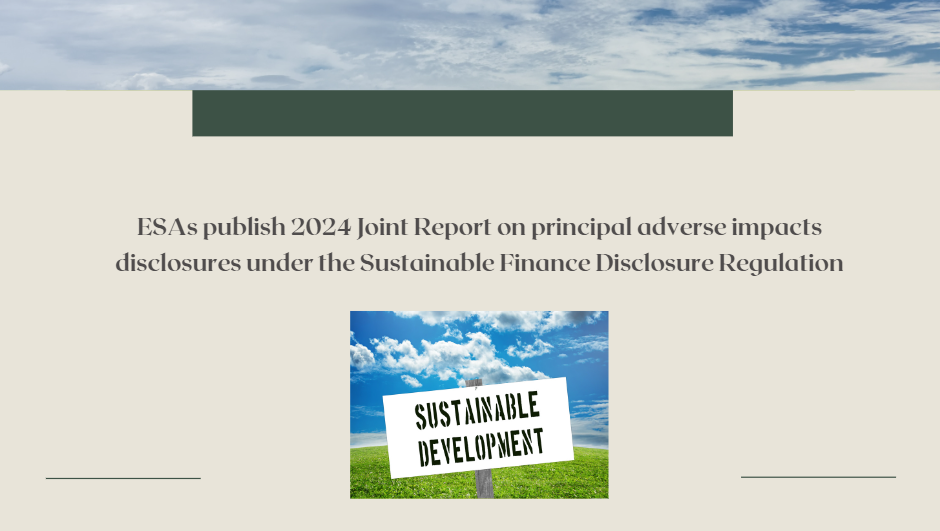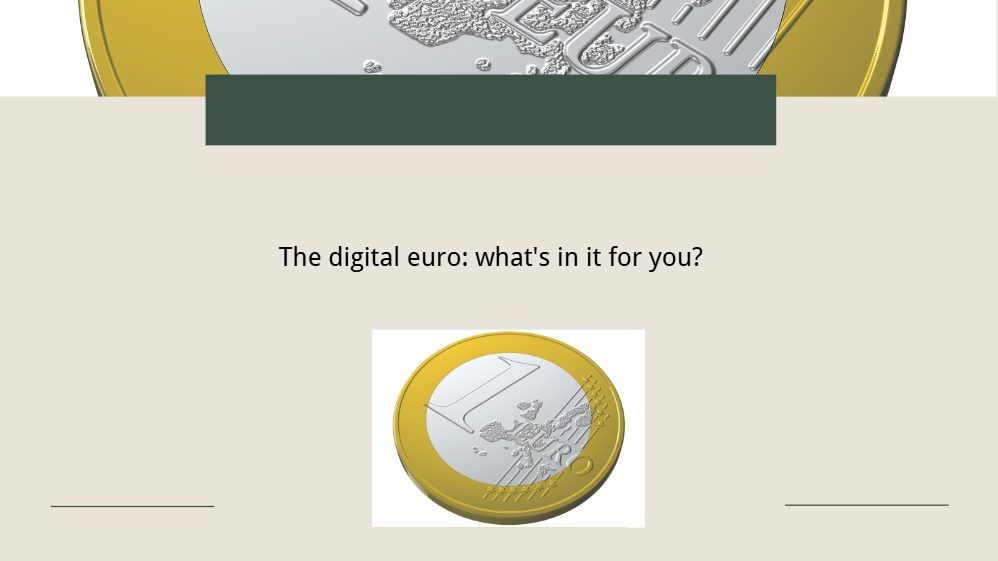German government renews call for more climate finance donors as COP29 starts
As the UN climate change conference COP29 gets underway, Germany is continuing its push to include countries beyond the rich industrialised economies among those to contribute climate finance to developing countries.
“Everyone who can afford to contribute is now called upon to take action – traditional industrialised countries as well as all states with sufficient economic strength,” said foreign minister Annalena Baerbock. For some time, Germany and the EU have called on emerging economies like China to start paying into international climate finance mechanisms.
COP29 is taking place in Baku, Azerbaijan, from today (11 November) and will last about two weeks. International climate finance is a key focus. While countries at the 2023 conference in Dubai agreed to “transition away from fossil fuels” — signalling “the beginning of the end” of the fossil fuel era — governments now face the task of agreeing a follow-up to the 100-billion-dollar climate finance target: the so-called New Collective Quantified Goal (NCQG).
Progress on agreeing the new goal has been slow and the talks in Baku will be extremely difficult as countries are set to fight over issues such as who pays in the future, and how much. German climate envoy Jennifer Morgan said the amount stipulated by a new climate target would “remain open until the very last minute” of the conference.
Ahead of the conference start, Greenpeace Germany's executive director Martin Kaiser said Germany and Europe had to counter incoming U.S. president Donald Trump's “America First” approach with “a clear commitment for cooperation to tackle the climate crisis.” He added that Germany must continue to stick to its plans of providing at least 6 billion euros annually from its federal budget as climate finance to developing countries from 2025 – despite a tight budget.























































First, please LoginComment After ~